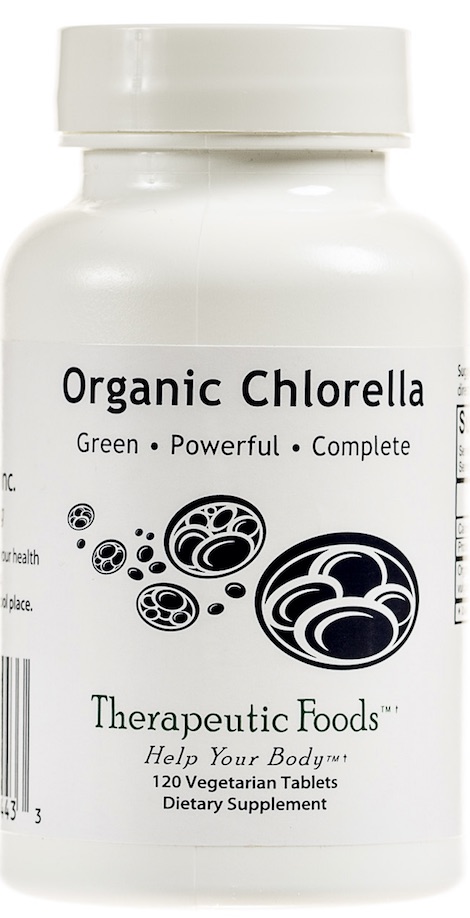Chlorella for fatty liver
Dear Friends

Can Chlorella supplementation help with Non-Alcoholic Fatty Liver Disease (NAFLD)?
Ebrahimi-Mameghani et al. (2016) sought to answer this question in their study entitled, Glucose homeostasis, insulin resistance and inflammatory biomarkers in patients with non-alcoholic fatty liver disease: Beneficial effects of supplementation with microalgae Chlorella vulgaris: A double-blind placebo-controlled randomized clincial trail.
The authors researched the effects of C. vulgaris supplementation on glucose homeostasis, insulin resistance and inflammatory biomarkers in patients with NAFLD.
70 non-alcoholic fatty liver disease (NAFLD) patients confirmed by ultra-sonographic findings were randomly assigned into intervention group (four 300 mg tablets of C. vulgaris) or placebo group (four 300 mg tablets of placebos) for 8 weeks.
Anthropometric measurements, liver enzymes, fasting serum glucose (FSG), insulin, high sensitive C-reactive protein (hs-CRP), and tumor necrosis factor-alpha (TNF-a) were assessed and homeostatic model assessment (HOMA) score for insulin resistance was estimated before and after the intervention.
The results show the following:
- Mean reduction in weight was significantly higher in C. vulgaris- treated group compared to placebo group.
- Serum concentrations of liver enzymes, FSG and hs-CRP also significantly decreased.
- Serum insulin concentration and HOMA score increased significantly only in C. vulgaris-treated group (insulin secretion was balanced).
- Mean change in serum glucose and TNF-a levels were significant between the groups even after adjusting for the serum insulin and baseline values of variables.
The authors conclusion was that L. vulgaris supplementation could be considered as an adjunctive therapy to decrease weight and improve glycemic status and reducing hs-CRP as well as improving liver function in patients with NAFLD.
Take 3 tablets a day, 1500mg of Organic Chlorella, to meet the researched amounts of 1200mg a day.
References:
- Ebrahimi-Mameghani, M., Sadeghi, Z., Farhangi, M. A., Vaghef-Mehrabany, E., & Aliashrafi, S. (2016). Glucose homeostasis, insulin resistance and inflammatory biomarkers in patients with non-alcoholic fatty liver disease: Beneficial effects of supplementation with microalgae Chlorella vulgaris: A double-blind placebo-controlled randomized clinical trial. Clinical Nutrition; 36(4): 1001-1006.
- Ebrahimi-Mameghani, M., Aliashrafi, S., Javadzadeh, Y., & AsghariJafarabadi, M. (2014). The effect of chlorella vulgaris supplementation on liver enzymes, serum glucose and lipid profile in patients with non-alcoholic fatty liver disease. Health Promotion Perspectives, 4(1), 107.
- Care, D. (2007). Insulin sensitivity and insulin secretion determined by homeostasis model assessment (HOMA) and risk of diabetes in a multiethnic cohort of women: the women’s health initiative observational study. Diabetes Care, 30(7), 1747-1752.
Sincerely yours,
Seann
We have developed our products based on scientific research and/or the practical experience of many healthcare practitioners. There is a growing body of literature on food based nutrition and supplements and their application in support of our health. Please use our products under the advisement of your doctor.
 One bottle of BioImmersions Organic Chlorella contains 120 tablets, with each tablet containing 500 mgs of pure organic chlorella. Therefore, according to the above researched dose of 1200 mgs per day for NAFLD, the BioImmersion equivalent dose would be three tablets/d. One bottle of BioImmersions Organic Chlorella contains 120 tablets, with each tablet containing 500 mgs of pure organic chlorella. Therefore, according to the above researched dose of 1200 mgs per day for NAFLD, the BioImmersion equivalent dose would be three tablets/d. |
|
©2005 – 2017 BioImmersion Inc. All Rights Reserved
|